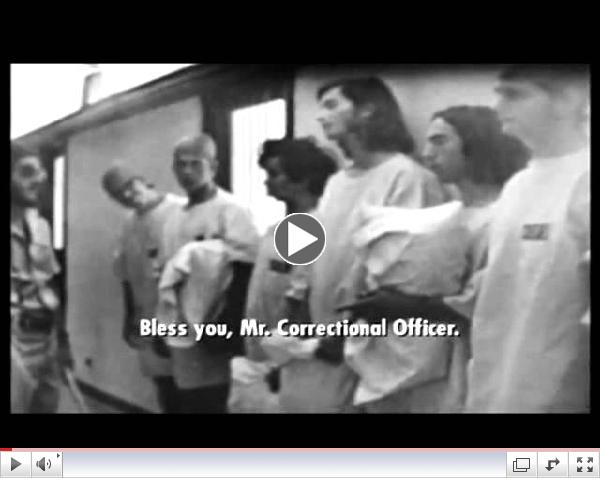Rock Star Leadership? No thank you.
Do we give leaders more power than they deserve when we see them as Rockstars?
|
________________________________________
Leadership power: for the greater good or self-interest?
Managers in organizations are given power to enhance company performance; yet, they may also use this power for advancing their own interest. A recent article explores this issue. Maner and Mead (2010) conducted a series of controlled, lab-based experiments to look at factors that determine how leaders prioritize their own power vs. the goals of the group.
There were a number of interesting results from these experiments, but the major findings were:
(1) Prioritization of personal power over group goals was observed only among leaders high in dominance motivation. (Assessments were made to indicate high vs. low dominance individuals).
(2) The tendency to give priority to one's own power over group performance, even among dominant individuals, was only seen when a leader's power could be threatened by instability in the group (i.e. there was the potential for the leader to lose the position of power).
(3) Competition between groups tended to cause leaders (even those dominance-oriented) to prioritize group success over personal self-interest.
The researchers suggest several implications from this study and I think it is an interesting look at how power can be used positively, to advance group goals and performance, or negatively, to promote one's own agenda to the detriment of the group. That is not to say advancing one's career is necessarily negative; but there is a cost to a company when leaders are more concerned about protecting their own power and self interest than working collaboratively to achieve group and organizational goals. One implication noted by the authors is that individuals attracted to power and authority may be more likely to abuse power. Not surprising, but it causes a dilemma when selecting leaders. The researchers make an interesting comment regarding leader selection: "In short, one implication is that leaders ought to be people of wisdom, not ambition" (pg. 495). Obviously, there are limitations to any one research study. However, these results support a phenomenon we frequently see in organizations; notably, that there are individual differences in the use and abuse of power, but the structure, culture, roles and values within an organization impact how these differences play out. Reference Maner, J.K. and Mead, N.L. (2010). The essential tension between leadership and power: when leaders sacrifice group goals for the sake of self-interest. Journal of Personality and Social Psychology, 99, (3), 482-497. |
|
Leadership and Power--- a relationship that has received significant attention over the years, for obvious reasons. New models of leadership emphasize the role of followers as well as leaders, and how the organization at large supports power dynamics through it's hierarchical structure, organizational culture and values. This newsletter reviews some research and thinking on the relationship between leadership and power. I hope it gives you food for thought. Betty
|
|
___________________________________________
Leadership and Power in
extreme situations
This is a brief video clip from a documentary based upon Phillip Zimbardo's prison experiment at Stanford University in 1970. It demonstrates how individuals can act in extreme situations of confinement, as either the "power-ful" or "power-less". This was a very controversial study that had to be stopped early due to unanticipated consequences, but it is fascinating and a link to the experiment can be found at: www.prisonexp.org.
 | | Zimbardo prison experiment (shortened clip) |
These students were screened to ensure they did not enter the study with a pre-exisiting mental disorder, yet we see the behavior of many of these students as aberrant. Zimbardo himself acknowledges his own shortcomings as he fell into the role of Prison Warden.
Granted, most workplace situations do not involve this level of confinement and it's potential abuse of power. Yet, we do see dysfunctional workplaces where abuses of power prevail.
This study demonstrates the power of the ROLE one plays. In organizations, we all play roles--leader, peer, follower, customer, consultant. Are we aware of how these roles impact our behavior? If not, we could benefit from examining more closely the power dynamics in: manager-employee dyads, groups and teams, as well as the larger organization or community that provides the context for power to be either abused or used productively.
|
The "BLT" ...
Betty's Leadership Tip
(suitable for vegetarians)
If you are in a management position with people reporting to you, you are in a position to "hire and fire". You may not feel powerful, but there is a power dynamic in relationships if you can impact someone's livelihood or his/her career. Even well-meaning managers with strong rapport with subordinates often underestimate the salience of this dynamic.
Next time you have a performance review or offer a criticism, take a moment to consider the power dynamic and how it may impact the conversation. Remember that people have different reactions to power, based on how they were raised or their views on authority. Reflecting upon these dynamics may help to level the playing field a bit and create more productive conversations.
|
|
|
|
|